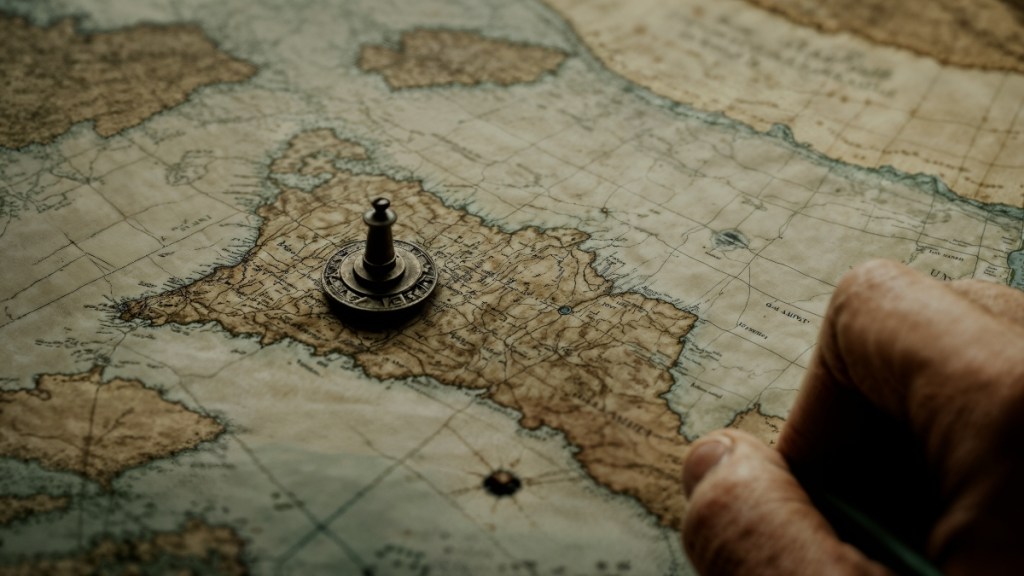India’s “Act East” policy, designed to strengthen ties with Southeast Asia and the broader Indo-Pacific region, is set to take center stage once again as Prime Minister Narendra Modi embarks on a significant diplomatic mission to two key ASEAN member nations: Singapore and Brunei. This visit, scheduled for the first week of September, is a testament to India’s growing commitment to deepening its strategic, economic, and cultural connections with Southeast Asia, a region of immense geopolitical importance.
India-Singapore
Singapore has long been a vital partner in India’s Act East policy. The Prime Minister’s visit marks his return to the city-state after his last bilateral visit in 2018 and participation in the 13th East Asia Summit. Singapore’s role as a top foreign investor in India, contributing about 23 per cent of India’s FDI equity inflows since 2000, underscores the economic interdependence between the two nations. Indian investments in Singapore have also surged, reflecting a robust bilateral relationship. The launch of the digital payments linkage between Singapore’s PayNow and India’s Unified Payments Interface (UPI) earlier this year is a prime example of their collaborative efforts to integrate their economies, particularly in the digital space.
The 2nd India-Singapore Ministerial Roundtable, held just before the Prime Minister’s visit, exemplifies the breadth of this partnership. With top ministers from both nations in attendance, the roundtable focused on five critical areas of collaboration: food cooperation, digitalization, energy and green economy projects, skills development, and pharmaceuticals and healthcare. The discussions at this roundtable are expected to lay the groundwork for further bilateral agreements and joint initiatives, strengthening the foundation of the Act East policy.
India- Brunei Darussalam
Following his visit to Singapore, Prime Minister Modi will travel to Brunei Darussalam. This visit is significant as it marks the first visit by an Indian Prime Minister to Brunei since Dr. Manmohan Singh’s participation in the 11th ASEAN-India Summit and the 8th East Asia Summit in 2013. The relationship between India and Brunei has steadily evolved, with defence cooperation being a key component. The exchange of naval visits and the participation of Bruneian nationals in various capacity-building courses in India underscore the growing defence and educational ties between the two countries.
The presence of a vibrant Indian diaspora in Brunei, particularly in the oil and gas industries, construction, and healthcare sectors, further strengthens the bilateral relationship. Indian professionals, including doctors, engineers, and IT experts, have made significant contributions to Brunei’s development, reflecting the deep people-to-people ties that complement the official diplomatic relationship.
Prime Minister Modi’s visit to these two ASEAN nations is not occurring in isolation. It comes at a time when high-level engagements between India and other Southeast Asian countries are on the rise. The recent visits of Vietnam and Malaysia’s Prime Ministers to India, signal a broader regional strategy. Moreover, External Affairs Minister S Jaishankar’s participation in ASEAN meetings in Laos highlights India’s active involvement in regional multilateral forums.
Act East Policy
As India continues to implement its Act East policy, the Prime Minister’s visit to Singapore and Brunei will undoubtedly reinforce India’s strategic footprint in Southeast Asia, fostering greater cooperation in key areas and paving the way for a more integrated and prosperous Indo-Pacific region.

